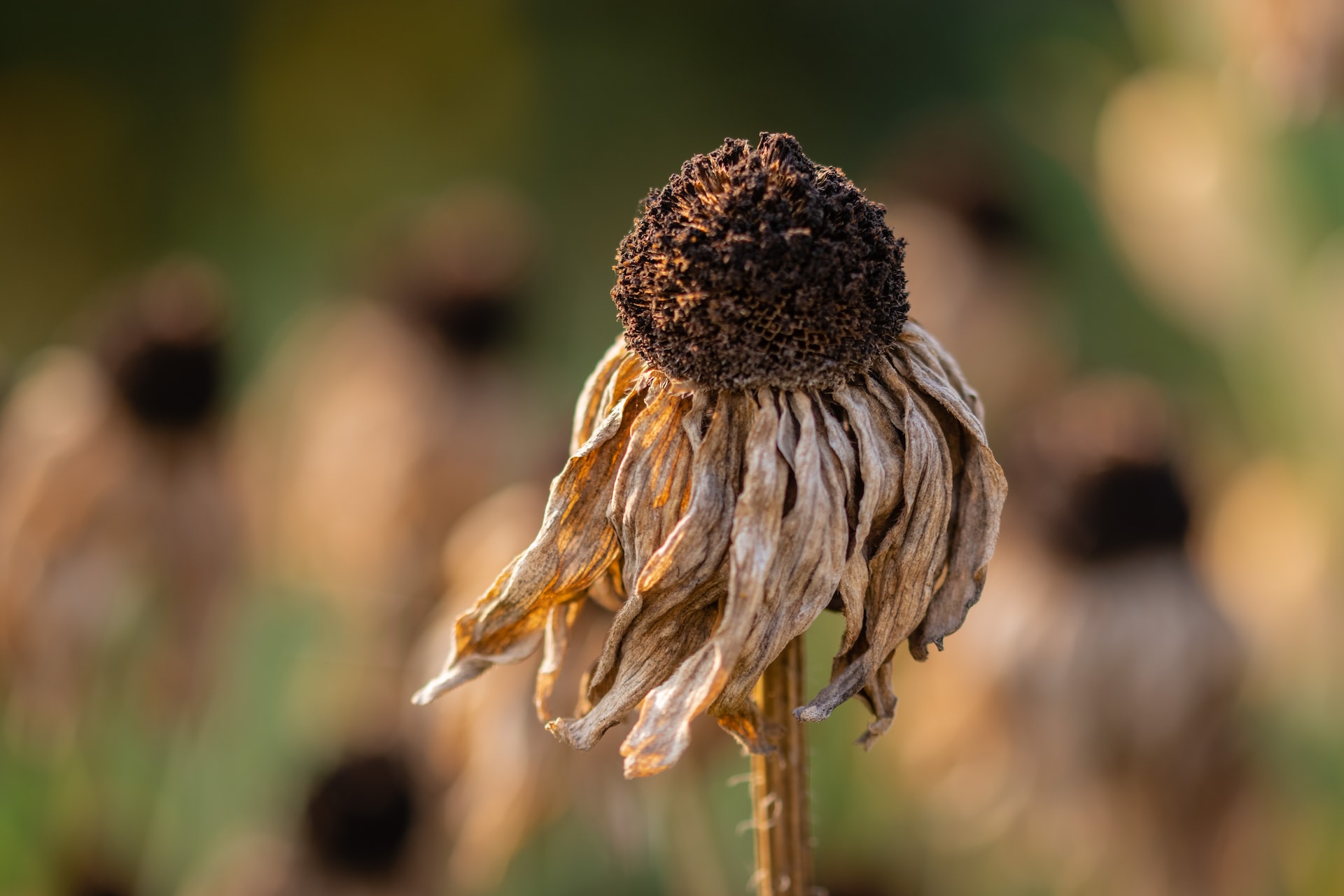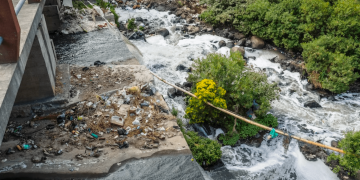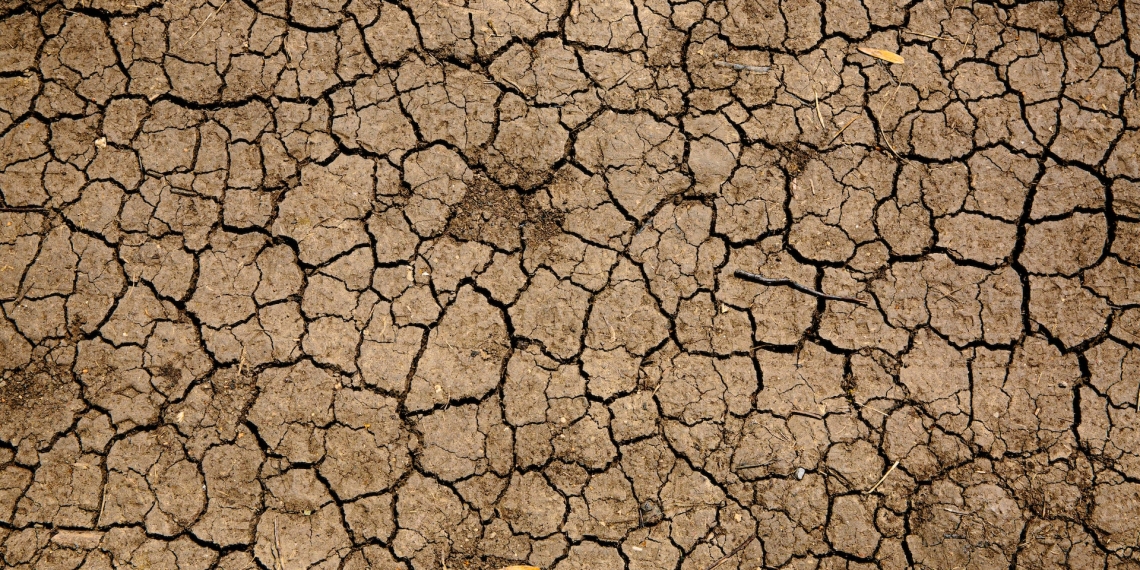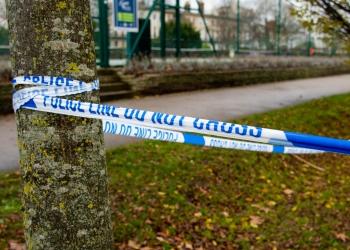Due to the long dry spell across England, a special committee of experts is expected to announce a drought in some parts of the country. This committee will include members from water companies, Environment Agency, and Rivers Trust.
Besides, it will also include representatives from the National Farmers Union.
At the beginning of this week, UKSHA declared a level three amber warning in which the temperature was expected to rise upto 35°C. Due to high temperatures, water bodies have shrunk to a greater extent causing hindrance to day-to-day lives.
The committee of experts initially met in mid-2022 to put England into “prolonged dry weather status.” But as per the reports, it is now being shifted to a drought-like situation.
Some areas of the country have not received significant rainfall all summer. And on the other hand, some areas like Odiham, Hampshire, did not see even a single drop of rain since the end of June.
Considering this situation, very strict measures are being put into place. These include water rationing and a ban on hosepipes. In addition to that, using tap water to wash vehicles will also be banned. These measures will ultimately ensure that people use water mindfully.

This year’s dry conditions are being compared to the dry spell of 2011 and 2018. While in 2011, the water level in rivers was extremely low, in 2018 a drought was announced. However, the statistics show that 2022 will face both conditions with even worse effects.
Reservoirs all over the country are depicting low levels of water while rivers are drying up at a very fast rate. Moreover, it is also contributing to the wildfires which have destroyed several rural and urban properties.
The areas which have been worst affected and will be considered in drought include Devon, East Anglia, Kent, Herts, south London, and Northamptonshire. Furthermore, by the end of this month, it is expected that the list will see two more areas – Yorkshire and West Midlands.
According to BBC, droughts can cause serious damage to the environment. In addition to increasing water pollution, it may impact farming and cause more wildfire.
What can you do?
Keeping this situation in mind, there are a few things you can do to avoid a further shortage of water.
- Avoid using showers. Instead, use a bucket and a mug which will waste less water as compared to showering.
- Do not keep the taps running.
- Check for leaks in the bathroom or kitchen. Fix them before it is too late.
For more updates on weather, keep visiting UKCorrespondent.com.




































